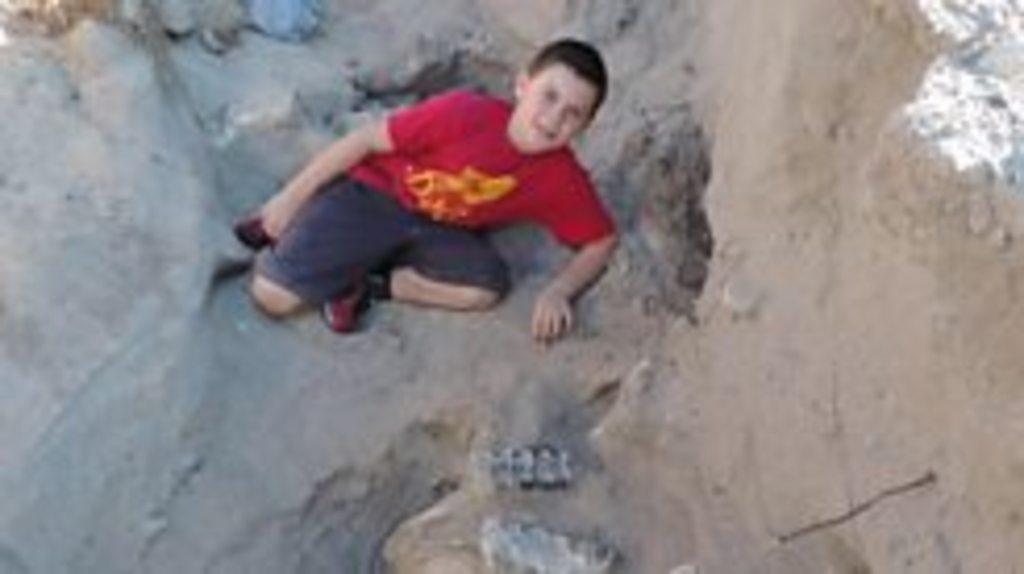Ancient skull discovery could rewrite history!
- Published
- comments
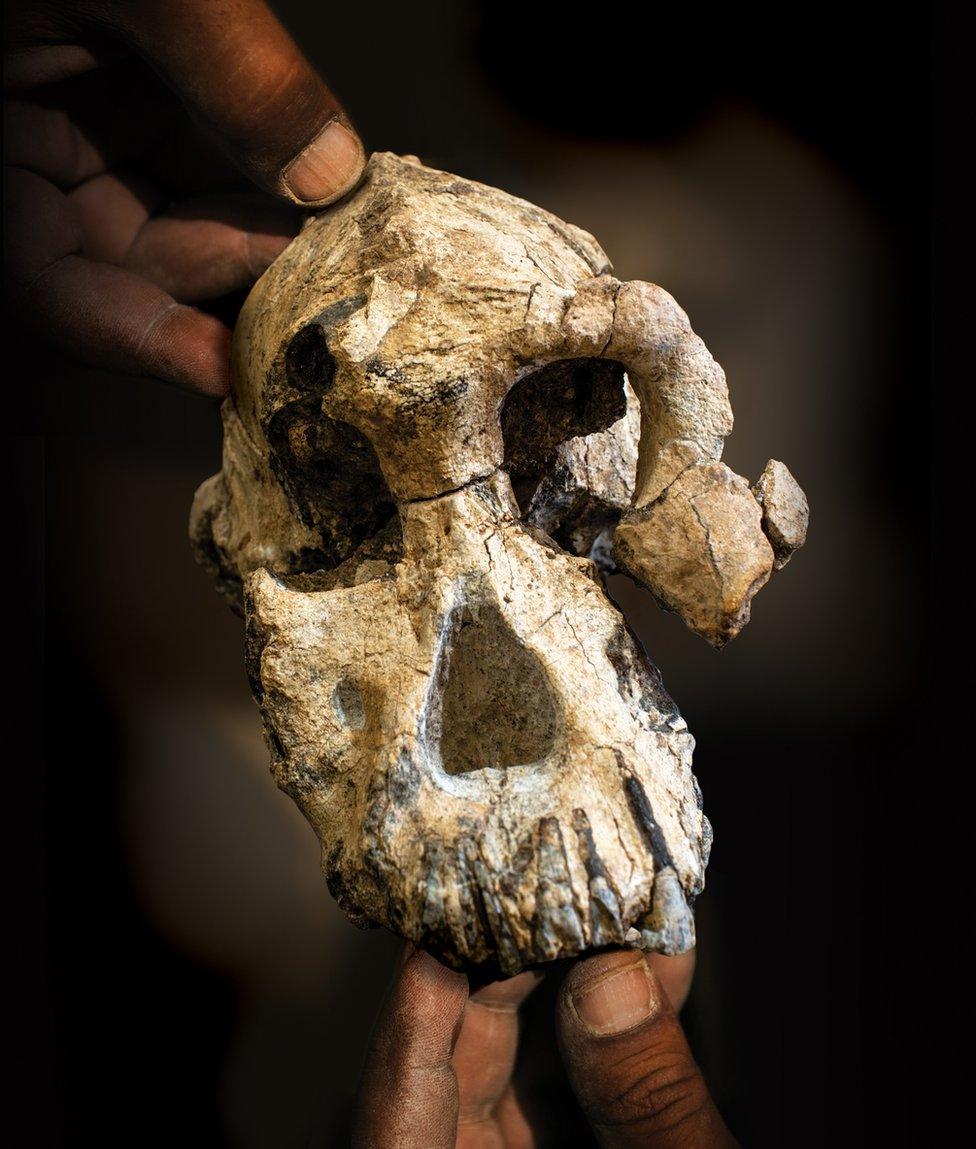
Anamensis had a small brain case and face compared with us
Scientists have found an ancient skull that might change long-held theories about how humans evolved from their ape-like ancestors.
Researchers discovered the nearly complete 3.8-million-year-old skull in Ethiopia in Africa.
This is significant because experts had previously believed that a 3.2-million-year-old ape-like creature nicknamed "Lucy" - found in the same part of Africa 40 years ago - was among a species that gave rise to the first early humans.
However, this new discovery is thousands of years older than the remains of "Lucy".
That means that it could change when we believe 'humans' first walked the Earth!
Have you ever wondered how scientists are able to work out how old something is?
Professor Yohannes Haile-Selassie - the researcher who discovered the skull - said he was very happy when he found it.
"I thought to myself, 'oh my goodness - am I seeing what I think I am seeing?'. And all of a sudden I was jumping up and down and that was when I realised that this was what I had dreamt," he told BBC News.
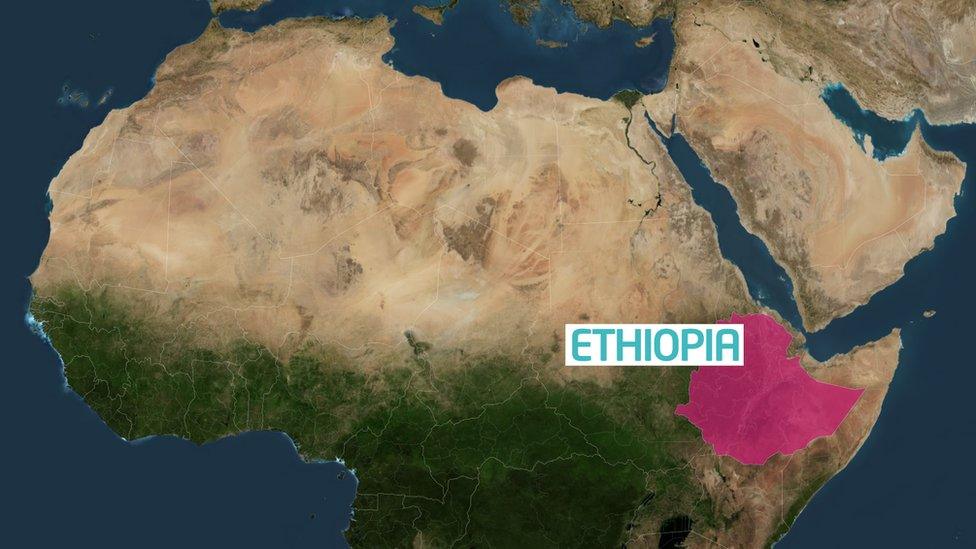
Ethiopia is a country in the Horn of Africa
- Published2 April 2019
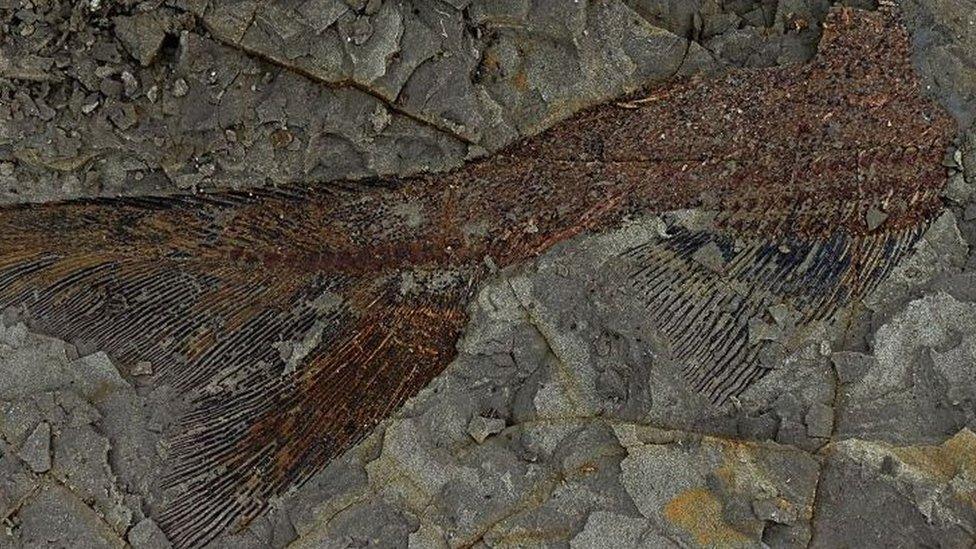
- Published22 August 2019
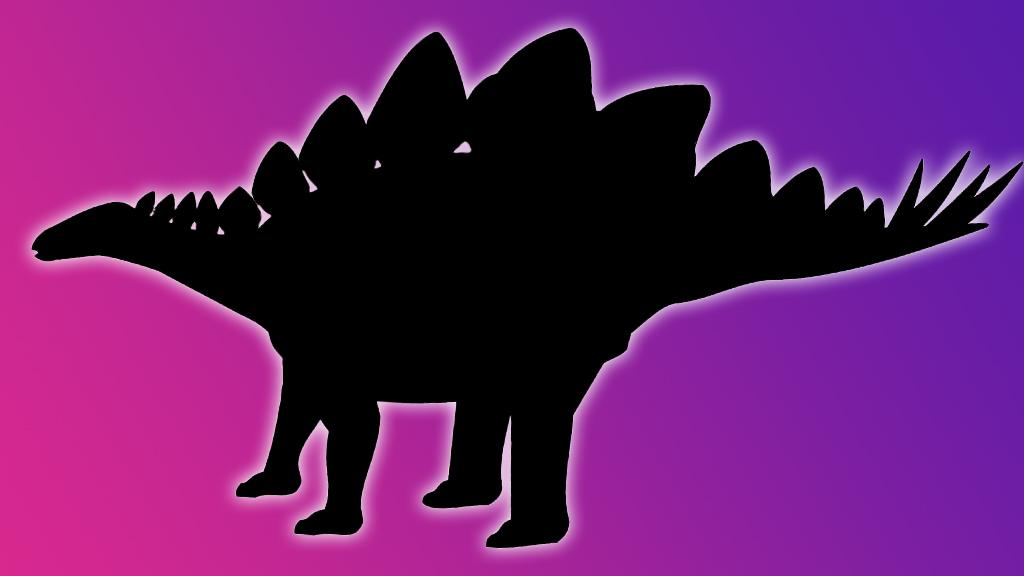
- Published22 July 2017
